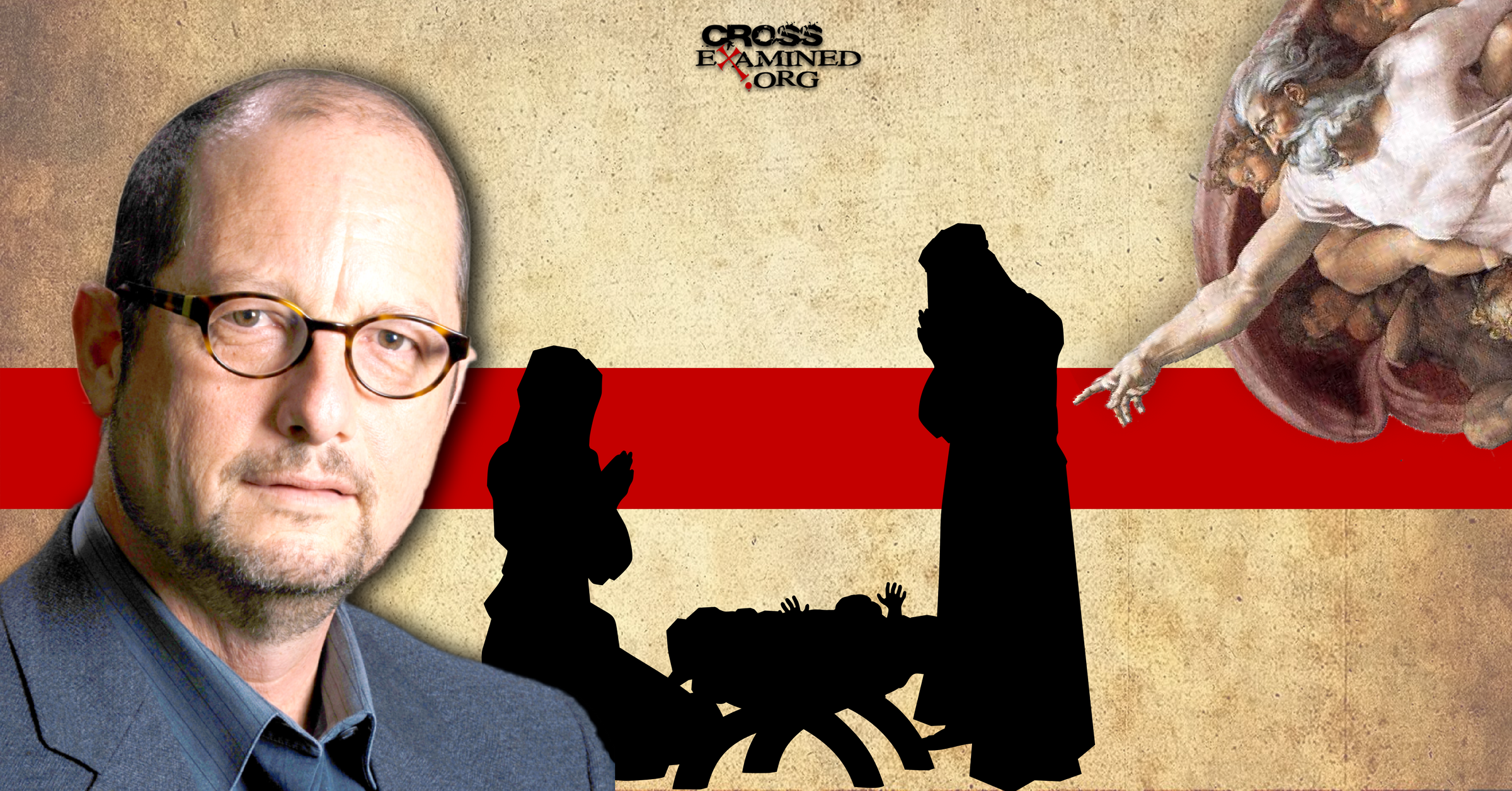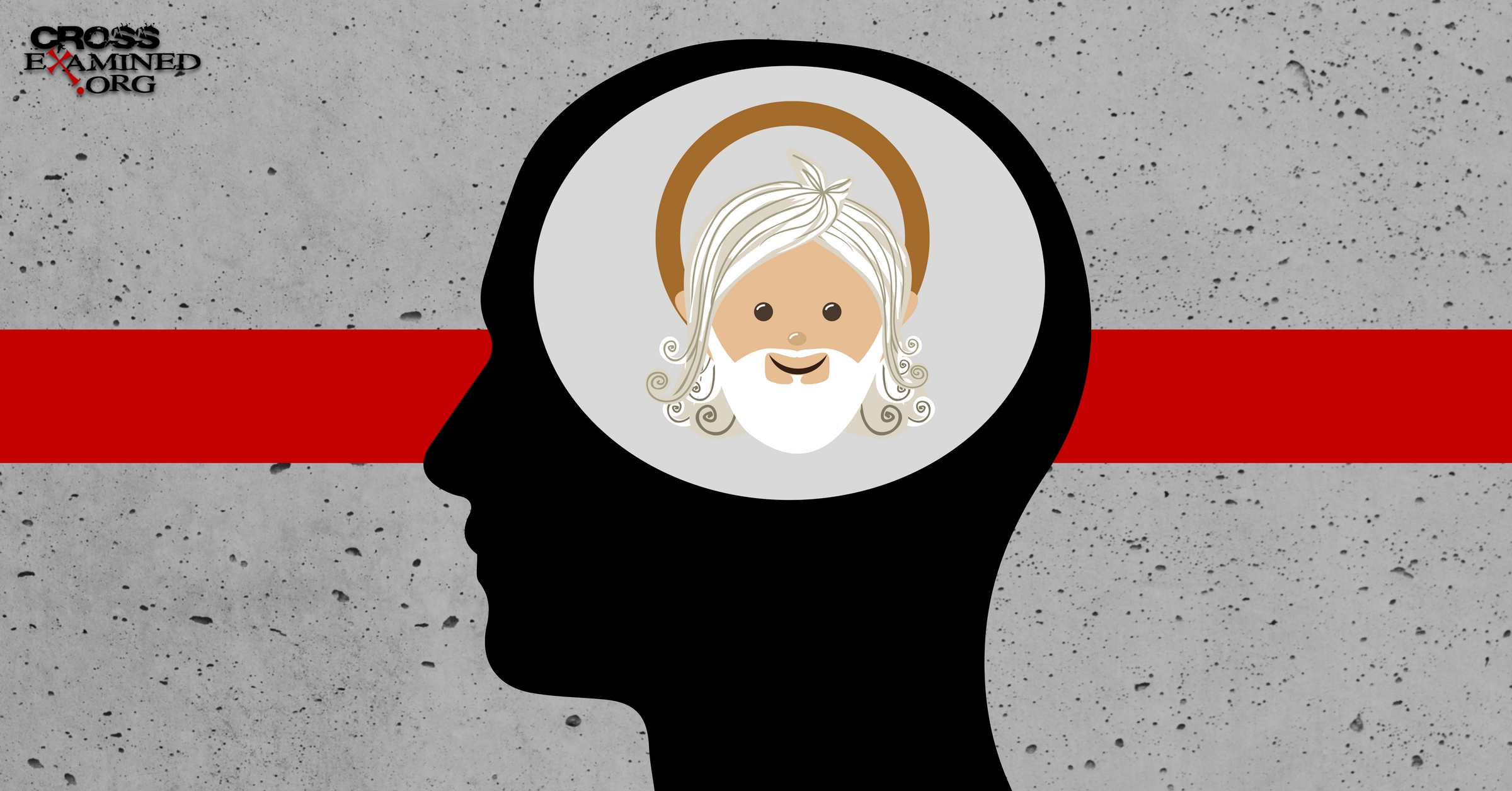The Quantum Leap
Early in 2009, the International Year of Darwin got underway in Shrewsbury, England, the birthplace of Charles Darwin. As part of the celebration marking both Darwin’s 200th birthday and the 150th anniversary of the publication of his seminal work, On the Origin of Species, a sculpture was unveiled in Shrewsbury’s Mardol Quay Gardens. Nearly forty feet high, sixty feet long, and weighing over 200 tons, the structure, named Quantum Leap, resembles a gigantic slinky placed on the ground like an upside down ‘U.’ Darwin coordinator, Jon King, explains, “What we wanted was an iconic structure – something that was big was bold, but something that could be interpreted in different ways.” In an irony apparently lost on its celebrants, the name ‘Quantum Leap’ makes a fitting metaphor for the thinking of contemporary Darwinists.
Charles Robert Darwin began his career in the summer of 1831 when he boarded the H.M.S. Beagle on a four-year surveying mission. The budding naturalist had studied a bit of medicine and divinity at Cambridge, but geology and nature interested him most. During his five-week stay on the Galapagos Islands Darwin was particularly struck by the varieties of plant and animal life on the different islands.
A Paradigm is Born
On return, he took up pigeon breeding and discovered that with selective breeding, he could produce a variety of pigeons from a common rock pigeon. Like any curious scientist, Darwin began to speculate. What if, over time, little changes added up to big changes? And if random variations arose along the way, could not entirely new species come into existence? If the changes had enough time to accumulate, and if changes that failed to meet the requirements for survival died out, then the result could be a multiplicity of organisms adapted to their surroundings. This extrapolation from observed variations among species to adaptation and survival of the fittest came to be known as the Law of Natural Selection.
Darwin later put forth his ideas in On The Origin of Species, which reportedly sold out on its first day of publication in 1859. Though Darwin stopped short of atheism – in his autobiography he called himself an agnostic, and in fact never addressed the origin of life in any of his books, the intimation that life could have freely emerged, independent of any pesky notion of God, took on a life of its own, and within a century Darwinism, or ‘Evolution as the Explanation of Everything,’ would become the reigning paradigm of science.
Questioning the Premise
But is this paradigm itself a scientifically established fact? That was the question raised by a surprise entrant to the creation/evolution debate. Phillip E. Johnson, neither a theologian nor a scientist but a professor of law at the University of California at Berkeley, entered the ring in 1991 with Darwin on Trial, a lawyer-like examination in which he weighed the evidence for Darwinism and found it insufficient to support the conclusion. In Darwin on Trial, Johnson drew out the suspiciously sequestered fact that Darwinism presupposes a naturalistic worldview. Naturalism, as a worldview, says that nature or matter is all there is; the supernatural does not exist or, if it does, is entirely irrelevant to life in the natural realm. Johnson deftly pointed out that naturalism is not a scientifically deduced fact but rather a philosophical presupposition.
The first result of Johnson’s contribution was to expose the atheistic scientists’ philosophical presupposition of naturalism and separate it from their science. Like the lad saying the emperor has no clothes, he identified the philosophy masquerading as science and pointed it out. More far-reaching, though, Johnson gave birth to the scientific movement of intelligent design theory (ID).
The theory of intelligent design holds that certain features of living things are best explained by an intelligent cause, and not by an undirected process such as natural selection. ID does not begin with the book of Genesis, nor does it address the question of who the intelligent cause might be, and for that reason, it’s been criticized by some creation scientists, who believe the study of creation shouldn’t be divorced from the Creator.
Three Facts of Life Evolution Fails to Explain
But ID provocatively challenges Darwinism’s overreaching claims. Here are three major problems for which Darwinian Evolution supplies no answer (but ID does):
(1) The Initiation of life. Natural selection says that evolution favors one already existing organism over another, but it says nothing about how those organisms came into existence in the first place. In The Selfish Gene, atheist zoologist Richard Dawkins ponders how the first living molecule might have formed. His speculative language suggests we “imagine” or “suppose” how it “could” or “might” have happened. “It was exceedingly improbable,” he concedes and says science has no idea how it happened. But he’s admitted he’s open to one possibility, that life on Earth was seeded from outer space. Seriously. The theory is called Panspermia, and, setting aside the implied drift from empirical science to science fiction, its mere suggestion reveals the dearth of working theories of abiogenesis, or how life got started without a Starter.
(2) The Information of life. The information content of DNA is mind-boggling. The DNA molecule for the single-celled bacterium E. coli contains enough information to fill a whole library of encyclopedias. Geneticists are still learning how to read the coded chemistry, but evolutionary science has no plausible theory as to how random processes can produce so complex, specific, and detailed a set of instructions.
DNA precipitated the undoing of one prominent atheist’s naturalistic worldview. In December of 2004, Antony Flew, one of the world’s leading philosophers of atheism for half a century, dropped an intellectual bombshell on the scientific community when he announced that he had come to believe there is a God. The 81-year-old British professor said his life had always been guided by the principle of Plato’s Socrates: “Follow the evidence, wherever it leads,” and that he had arrived at this startling conclusion after studying DNA. “The enormous complexity by which the results [DNA] were achieved a look to me like the work of intelligence.”
(3) The Irreducible Complexity of life. An irreducibly complex system is one involving interrelated parts or subsystems, all of which are necessary for the system to function. Given the technology of his day, Charles Darwin believed a simple cell was only a little blob of protoplasm, and he envisioned it emerging spontaneously “in some warm little pond.” Still, he anticipated the potential difficulty of irreducible complexity. “If it could be demonstrated that any complex organ existed which could not possibly have been formed by numerous, successive, slight modifications,” he wrote, “my theory would absolutely break down.”
Too bad Darwin never met Dr. Michael Behe. A lifelong Catholic, Dr. Behe says he believed the standard story he was taught in school about evolution until he read Evolution: A Theory in Crisisby agnostic geneticist Michael Denton. “I was shocked because I had never heard a scientist question Darwin’s theory before. And here I was an associate professor of biochemistry, and I didn’t have any answers for his objections.” At that point, Dr. Behe realized he’d accepted the Darwinian theory, not because of compelling evidence, but for sociological reasons. “That’s what I was supposed to believe,” he said.
Dr. Behe went on to explore cellular life and ultimately concluded its great complexity could never have come about by random and unguided processes as Darwinism requires. His research culminated in Darwin’s Black Box, in which he describes in elegant detail several microbiological systems, all of them intricately and irreducibly complex.
Questioning the Quantum Leap
“There is something fascinating about science,” Mark Twain, a contemporary of Darwin, once quipped. “One gets such wholesale returns of conjecture out of such a trifling investment of facts.”
He could have been referring to the Darwinists. Keep in mind that the starting point one chooses when it comes to the origin of life is not a question of science but of philosophy or, if you will, faith. Ultimately, we choose to adopt one worldview or another, and that involves making a faith choice. Darwin assumed that God – if he existed at all – was irrelevant, and then concluded that natural selection must have been the mechanism by which life developed into its present form. His intellectual descendants effectively consecrated his hypothesis, decreed Darwinism the principle canon of science, and began interpreting all data accordingly.
ID differs from Darwinian Evolution in that it allows for the possibility of an outside agent. It begins from a different philosophical starting point and asks, “Where does the evidence lead?” As technology advances, the three ‘I’s of life – initiation, information, and irreducible complexity – pose ever-growing difficulties for evolutionists. Michael Behe summed up his inquiry this way, “We are told by ‘Science’ with a capital ‘S’ that the universe is just matter and energy in motion. But it turns out that actual evidence of science does not necessarily support that philosophical claim.”
To Behe and other ID scientists, life looks more and more like an outside job.
This article first appeared in The Lookout and was reprinted in Salvo Winter 2009, Issue 11.
Original Blog Source: http://bit.ly/2I4cnXb










